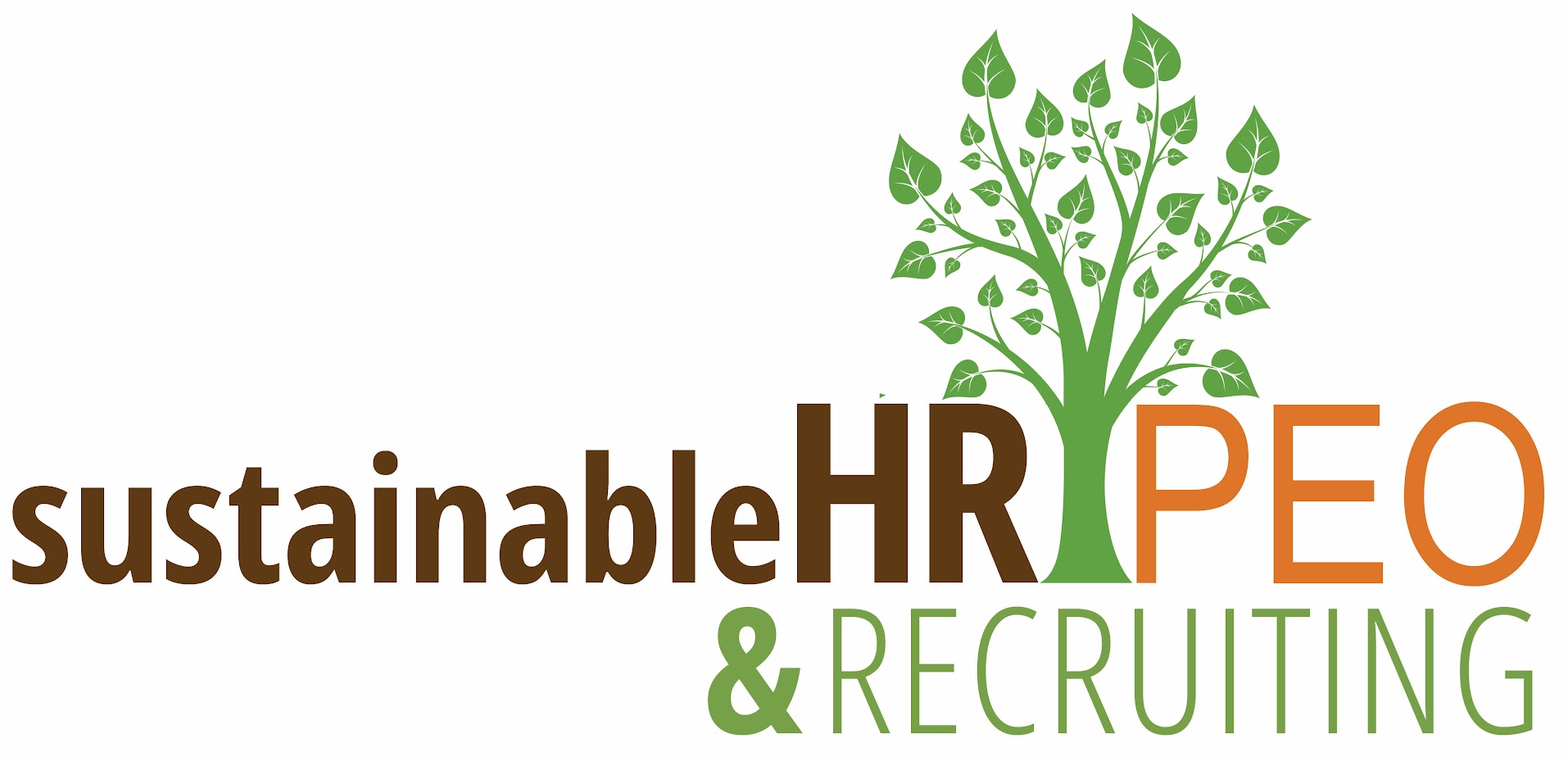The ongoing COVID-19 pandemic has accelerated the remote work trend, forcing organizations to adapt quickly to keep up with the transformed work landscape. While remote work presents opportunities for increased flexibility and cost savings, it also brings forth a new set of challenges for HR professionals and leadership to manage and support a remote workforce effectively. In this article, we will delve into the key HR strategies and best practices for successfully navigating remote work, focusing on maintaining productivity, promoting engagement, and ensuring an inclusive and healthy virtual work environment.
As businesses increasingly embrace remote work arrangements, HR practices must be tailored to cater to the unique needs of employees working from home or other non-office locations. Remote HR management calls for strategic adjustments in areas such as communication, performance evaluation, employee development, and company culture. Additionally, the shift to remote work can impact employee mental health and well-being, thus necessitating the development and implementation of robust support mechanisms.
HR professionals are also required to keep pace with ever-changing labor laws and regulations, as well as maintain compliance with industry standards in matters such as data security and employee privacy while managing a remote workforce. Partnering with a full-service Professional Employer Organization (PEO) like SustainableHR PEO can provide invaluable support and resources, ensuring that your organization’s HR practices remain agile and effective amidst the evolving remote work landscape.
Drawing from the wealth of expertise at SustainableHR PEO, this article will offer guidance and best practices to help you effectively manage your remote workforce and ensure long-term success for both employees and the organization. To learn more about how our comprehensive HR services can support your business’s remote work needs, reach out to us today.
1. Enhancing Communication and Collaboration
Effective communication and collaboration are vital in remote work environments. HR professionals must foster open lines of communication, provide the right tools, and promote collaboration among teams. Consider:
– Implementing user-friendly communication platforms such as Slack or Microsoft Teams for seamless messaging and real-time updates
– Encouraging regular team meetings and check-ins via video conferencing to foster team bonding and collaboration
– Offering training and resources to help employees adapt to new communication and collaboration tools
2. Adapting Performance Management Strategies
Remote work calls for a reevaluation of performance management methodologies. When assessing employee performance, focus on results rather than hours worked. This can include:
– Developing measurable key performance indicators (KPIs) that directly link to the overall goals and objectives of the organization
– Ensuring clear communication of expectations and deadlines and providing regular feedback to employees
– Emphasizing the importance of trust and autonomy in the remote work environment
3. Promoting Employee Engagement and Mental Well-being
Supporting employee engagement and mental well-being in a remote work setting is critical to maintaining morale, productivity, and retention. To achieve this, employers must:
– Build a culture of trust and accountability, allowing employees to have autonomy over their work schedules and prioritize work-life balance
– Design virtual team-building activities, such as online workshops or virtual happy hours, to foster camaraderie and a sense of belonging
– Provide access to mental health resources, such as wellness apps, online therapy services, and mental health webinars
4. Ensuring Inclusivity and Equal Opportunities
Promoting diversity, equity, and inclusion in a remote work setting can prove to be challenging but paramount for maintaining an inclusive work culture. Key strategies include:
– Offering employees flexible work arrangements that cater to individual needs, enabling them to integrate work and personal responsibilities better
– Adopting a virtual-first approach and ensuring that company-wide events, training programs, and meetings are accessible to all employees, regardless of location
– Conducting regular surveys and utilizing feedback to gauge employee satisfaction and address any concerns related to diversity and inclusion
Conclusion
Successfully adapting HR strategies for remote work management can result in a more productive, engaged, and satisfied workforce. By focusing on effective communication, performance management, employee engagement, and inclusivity, organizations can thrive in the remote work era. A partnership with a trusted Professional Employer Organization like SustainableHR PEO can provide invaluable support and resources to help you navigate the remote work landscape and implement best practices tailored to your organization’s unique needs. Contact us today to discover how we can help your business succeed in the remote work era.


